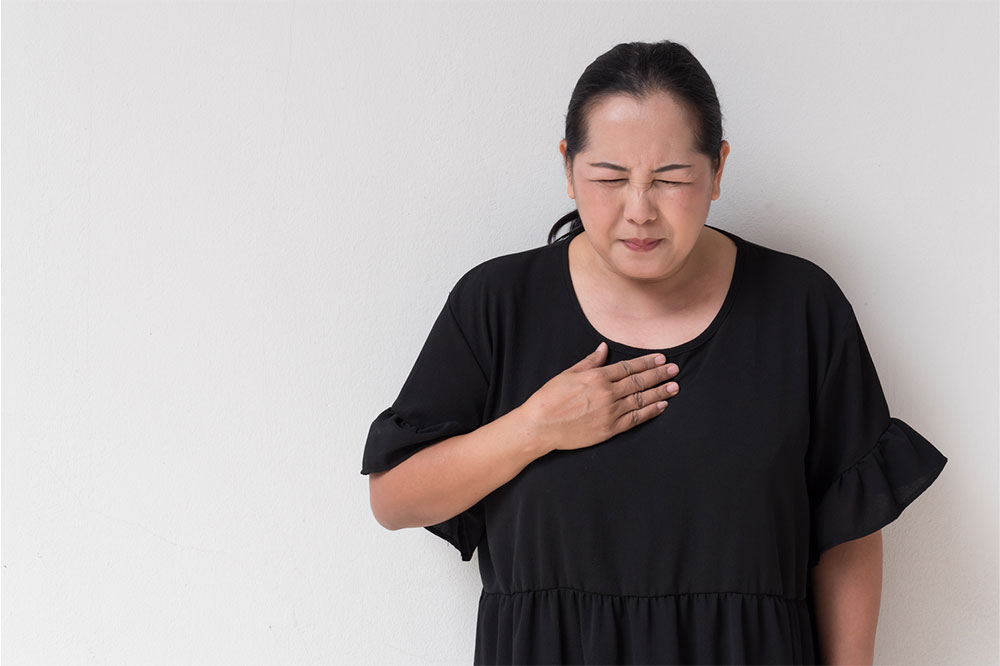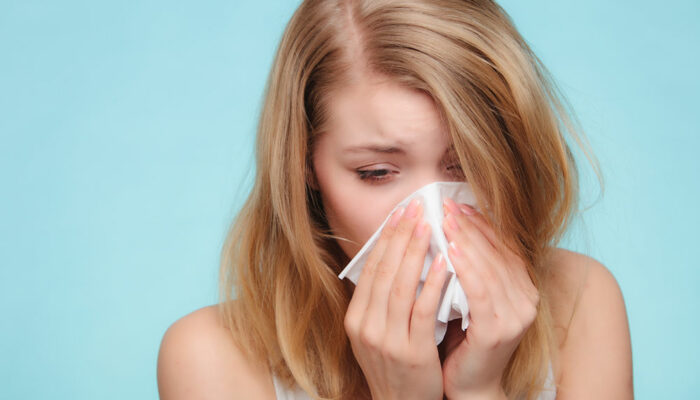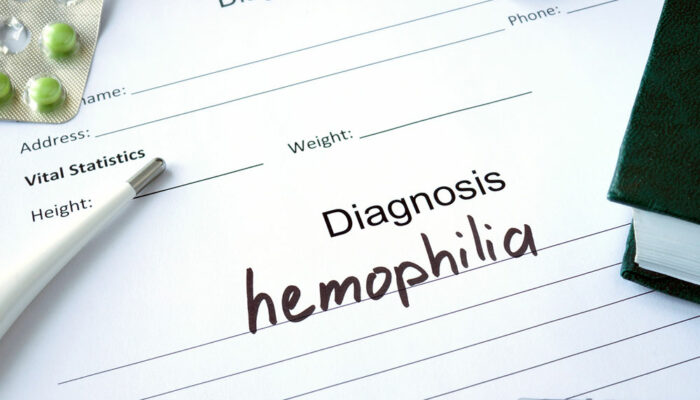
7 Lifestyle Tips to Combat GERD
Frequent episodes of acid reflux, more commonly known as heartburn, can be more severe than just regular acidity. The esophagus is responsible for stomach acid, which can flow into your stomach, causing a burning sensation. The backward flow of the acid back to the esophagus is what you call gastroesophageal reflux. This condition needs to be treated before it aggravates. Here are some of the lifestyle tips for managing GERD.
1. Weight loss
You can improve your chances of managing gastroesophageal reflux disease (GERD) by investing your time in exercise and physical movement of the body. Obesity is a well-known cause of GERD. The pressure on your abdomen is increased by the extra stomach fat. Keeping yourself regularly fit with regular exercise and consumption of healthy foods will reduce your chances of developing GERD.
2. A good diet plan
Keep a check on your diet plan to get rid of GERD. You should visit a dietician who can provide you with a strict diet plan that will help your body recover and improve your digestive functions. If you want to negate the risk of GERD, you should avoid spicy foods, fatty foods, mint, onions, and chocolates. Avoid acidic foods such as tomatoes and citrus as well.
3. Lay like royalty
You can lay down on your bed using extra pillows that improve the flow of gastric acid down in your stomach. You can add six to eight inches to the head of your bed to achieve the downflow of the gastric acid. If you added extra pillows, it would only result in your head being elevated higher and not the entire upper body. Your focus should be to get the upper body to feel the relief.
4. Kick the smoking habit
If you smoke, the nicotine content in the cigarette helps relax the muscles of the esophagus (LES). The nicotine hinders the ability of the saliva to remove all the acid from the esophagus. You should quit smoking as it is beneficial to your health and well being. It is one of the most effective lifestyle tips for managing GERD.
5. Reducing alcohol intake
Alcohol provides you with the same harmful effects as smoking. Increased consumption of alcohol will only lead to damaged esophagus (LES) muscles. You should regulate alcohol consumption to improve your condition.
6. Avoid gluten-based foods
Introduce yourself to a gluten-free diet. You can find proteins in grains such as barley, wheat, and rye that have a higher chance of causing GERD symptoms. A gluten-free diet can control the damage GERD can cause to your body and the immune system.
7. Medication reassessment
There are a number of medicines that prove harmful to your body and increase the chances of developing GERD. Common medicines such as non-steroidal anti-inflammatory drugs (NSAIDs) and calcium channel blockers which are meant to be used for the treatment of those suffering from high blood pressure. Painkillers, potassium, iron tablets, and sedatives are among other medicines that increase your chances to suffer from GERD. If you’re in such a situation, consider speaking to your doctor and changing the dosage or finding alternatives.



